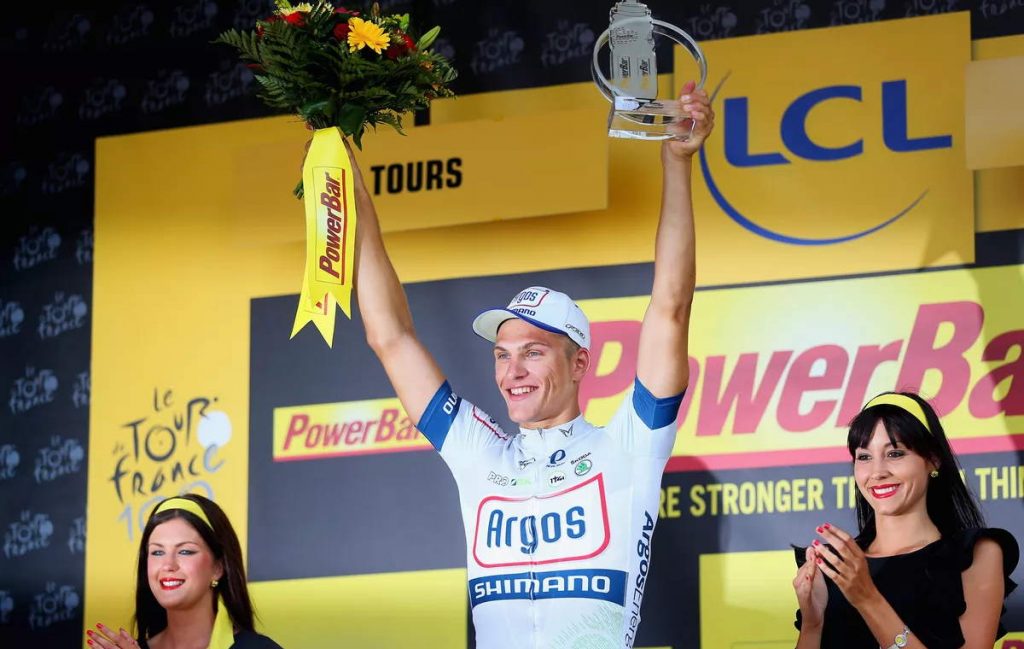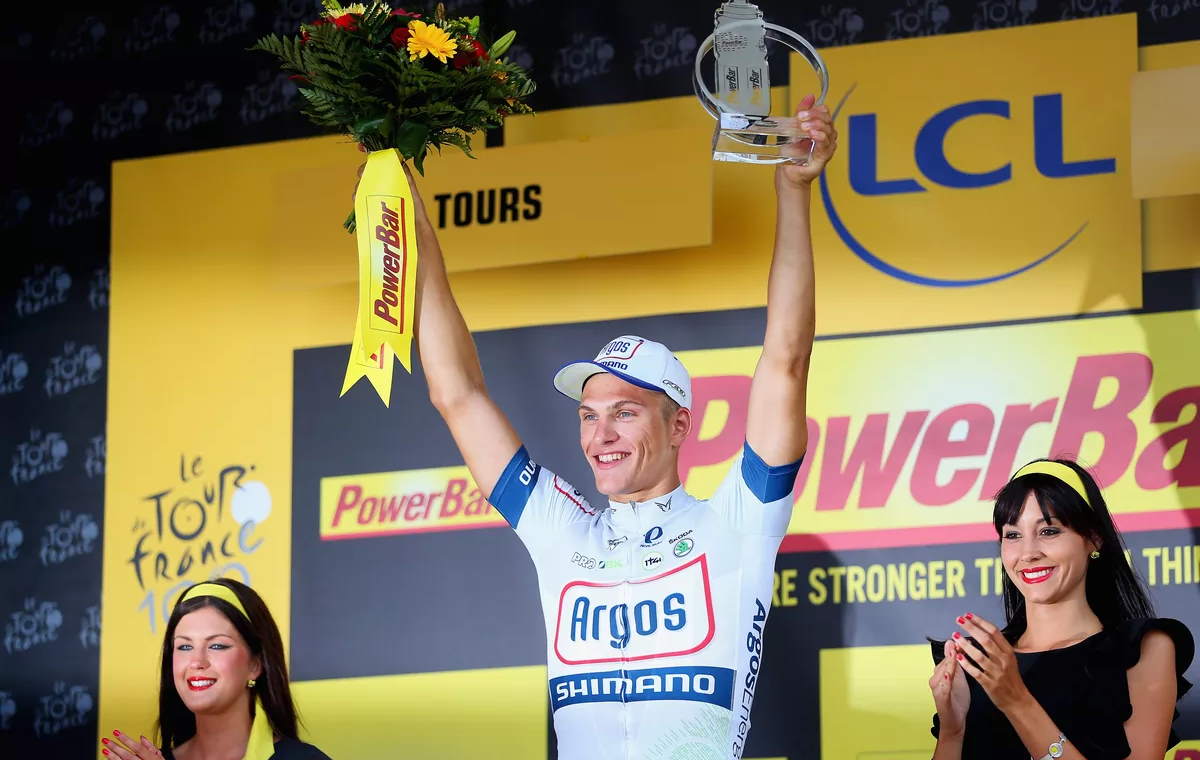Marcel Kittel agreed to undergo the lie detector tests by Sports Bild magazine, on the subject of doping, and the paper has reported that the German sprinter has passed the tests.

Lie detection commonly involves the polygraph. It detects autonomic reactions. These changes in body functions are not easily controlled by the conscious mind and include bodily reactions like skin conductivity and heart rate. They also may consider respiration rate, blood pressure, capillary dilation, and muscular movement. These measures are supposed to indicate a short-term stress response which can be from lying or significance to the subject.
According to a report published on the cycling news website Velonation, the lie detector tests were carried out by monitoring his blood pressure, heart rate, breathing, sweating, and general responsiveness. He was asked both open and closed questions, including if he had ever used banned products or if they had been offered to him. He said no.
Forensic psychologist Holger Leutz put the German sprinter through the polygraph process. Leutz concluded that on the basis of the physiological responses, that the German was speaking the truth.
Leutz said that “The things we have monitored during the interview were very evenly measured. That is a sign of credibility. Kittel makes us believe in a pure generation of cyclists. I dare say in response to what the detector indicates that Marcel Kittel has never used doping and is a clean athlete.”
Kittel told Bild that:
“I have nothing to hide, so I decided to take the test. I stand for clean sport, and the test proves it.”
Of course, lie detection tests are not 100% accurate. The problem becomes that they are also associated with mental effort, and emotional state; so they can be influenced by fear, anger, and surprise for example. Despite this, the tests add great additional credibility to Kittel.
Kittel on doping in cycling
Marcel Kittel has spoken out against doping on several occasions. At the end of 2012, when the cycling world was impacted by the Lance Armstrong doping case revelations, Kittel took a vocal anti-doping stance by saying that he was “sick” of the people who still defended Armstrong in the cycling community.
He tweeted that “I feel SICK when I read that Contador, Sanchez & Indurain still support Armstrong. How does someone want to be credible by saying that?!”.
Another example, after the sixth stage of Tour of Turkey, where Mustafa Sayar effectively won the Tour, Kittel wrote a dubious comment on Twitter.
“I was not often in my life so angry about a result of someone else. And I see many people around me feeling the same,” the German wrote on the microblogging site.
Kittel was right: A sample which has been taken from Sayar during the Tour of Algeria in March 11 tested positive for EPO.
Kittel has had a great Tour de France this year: he won four stages including the highly prestigious closing stage at Champs-Élysées.
Marcel Kittel made his professional debut in 2011 with the Dutch team Skil-Shimano. Known as a time trial specialist at the time, he won a bunch sprint during the Tour de Langkawi. After that success, he decided to become a sprinter. He then won four out of five stages in the Four Days of Dunkirk, all in bunch sprints. Kittel won his first World Tour stage, winning the opening stage of the Tour de Pologne, a race where he also won three other stages.
He also made his Grand Tour debut in the Vuelta a España, where he won the seventh stage beating Peter Sagan and Óscar Freire.
Kittel made his Tour de France debut in 2012 when he was selected as the leader of his team, where he would compete for stage wins and the green jersey. However, he withdrew during stage 5, after suffering from a viral infection of the stomach and intestines from stage 2.
In 2013, Kittel’s team Argos-Shimano was promoted to the first division of the sport and was granted World Tour status. Kittel won the first stage of the Tour of Oman in a sprint finish, his first success of the season. In the Tour de France, he found success as a sprinter. He finished first in the Tour’s first stage in Corsica and took the first maillot jaune of the 100th Tour de France.
The German sprinter lost the yellow jersey the next day to Jan Bakelants of RadioShack-Leopard. He was not done in this Tour, though, he would go on to win the 10th and 12th stages. On the final stage, Kittel triumphed again on the Champs-Élysées, ending the four-year winning streak of Omega Pharma-Quick-Step rider Mark Cavendish. He would finish 4th in the Green Jersey points standings.
Sources
- Marcel Kittel on Wikipedia
- Top 18 fastest Paris-Roubaix editions - April 7, 2024
- Col de Tourmalet [Amazing photo from the 1953 Tour de France] - January 11, 2024
- Bernard Hinault and Francesco Moser, 1981 Paris-Roubaix - December 8, 2023
